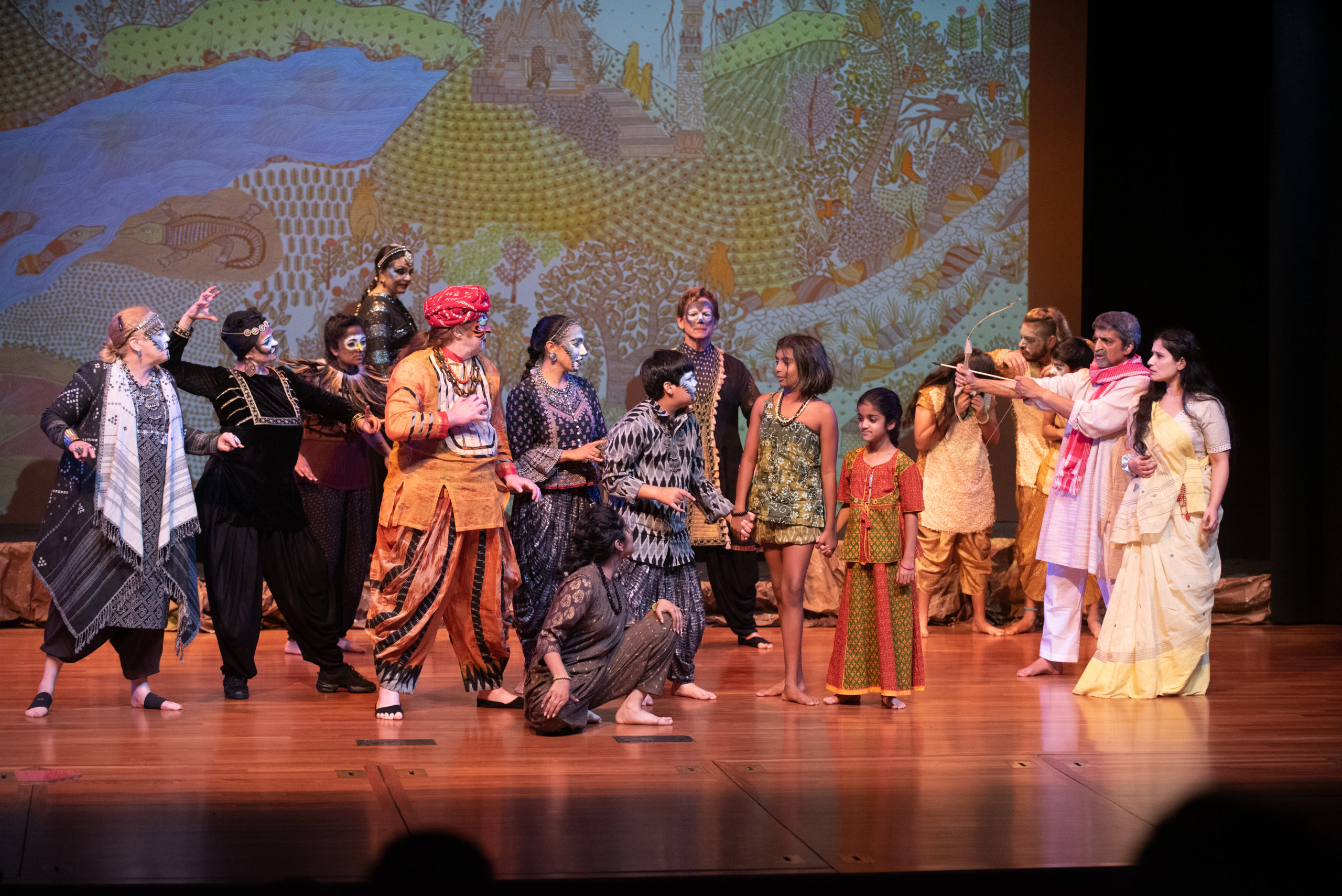
Diversity, Equity, Accessibility and Inclusion – or DEAI – a now familiar acronym thanks to the tireless work of organizers, thought-leaders and activists. Large corporations are holding company-wide workshops, public schools are negotiating with community politics to bring this infrastructure into schools, theaters are radicalizing the artistic process and committing to a more accessible environment – in every sphere the language and learning of the past few years is starting to see traction.
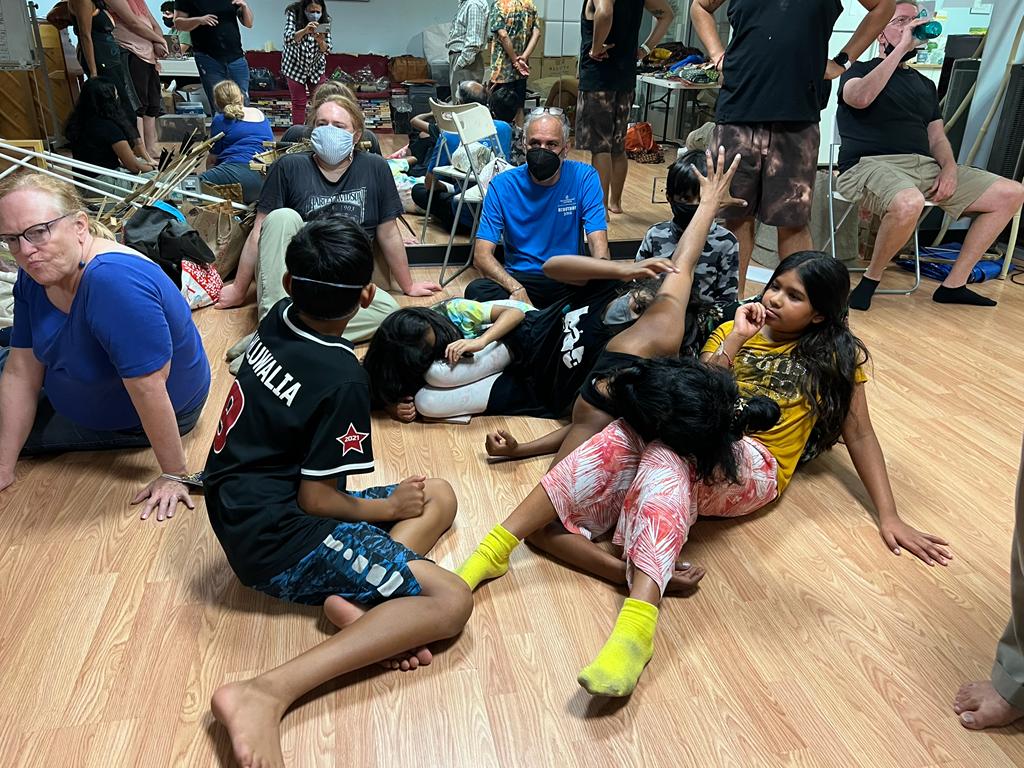
A 10 year old arts institution founded in the Bay Area, EnActe has been serving local communities for years, providing classes, safe spaces, community discussions, and thought-provoking theater that promotes inclusion and models vigorous commitment to DEAI.
As a company focused on uplifting South Asian stories in a global context, we often find ourselves negotiating the line between preaching, teaching and doing our own learning and growth. Producing new works means making sure we are using our resources to bring in the most qualified people in the room, and creating an environment that is safe for vulnerability and conflict. It also means understanding that the “traditional” structures of business and creativity might not always work – we draw from the existing frameworks but make sure to de-“capitalize” them and make it our own.
Conflict is something theatermakers should be good at – the impetus for all good plays is a core conflict, and the work of the creatives is to discuss the conflict implications in the room before presenting it to audiences, i.e., we need to know where we stand so that the work we present has something to say. Navigating those conversations so that they are productive, kind and generative is a special skill, and we have certainly learned more and more about how to do it effectively.
Most of our creative work is focused on the ensemble, and taking your time. “Process above product” has led us to be a company that is enjoying the fruits of planting deep roots and nurturing every stem. We are a talent incubator, driven to give opportunity to marginalized talent early in their careers – and our alumni list speaks for itself. Our projects are always ambitious, and we push ourselves, but at the end of the day the question we are asking isn’t “is this what the people want to see” but rather “is our art asking questions that people will ponder the next morning?”.
We also work to model ideal representation and process and not just discuss it – our creative teams and actors fall on a vast spectrum of identities and are given agency and voice – that makes our work intentional rather than tokenizing, shallow, and harmful. In our current touring production of The Jungle Book: Rudyard Revised, the most impactful lesson is that community learns from each other, often from its youngest, and that diversity is the key to sustainability and survival.
In many ways The Jungle Book: Rudyard Revised is a way to understand the core principles of EnActe and the work we’ve done to get here. By far our most ambitious project to date, the strength of our community web is what has fostered its growth and success.
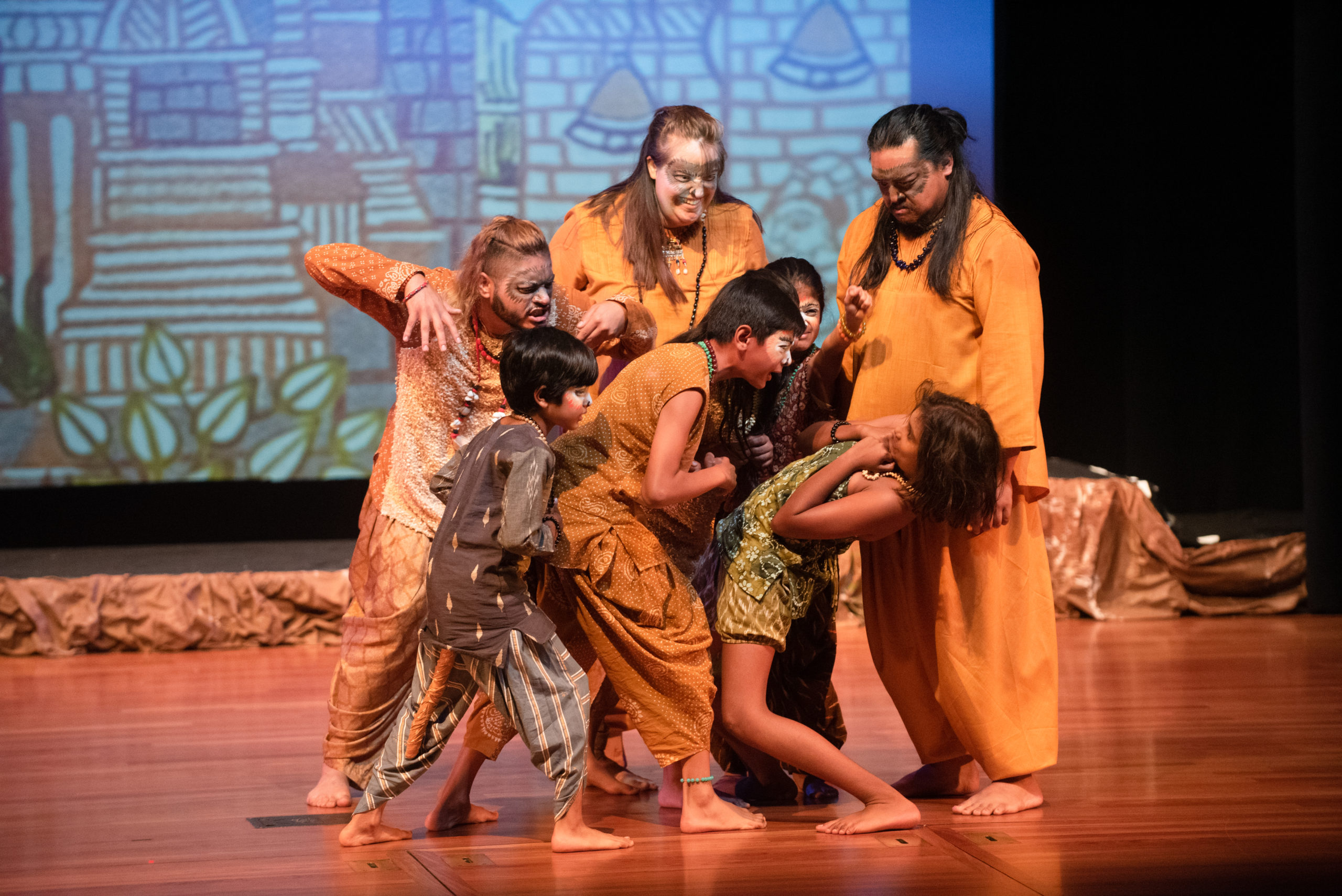
The script itself was written by students of the EnActe Conservatory, many of whom have grown (or grown up!) as part of the education and cultural inquiry practiced in our program. Longtime EnActeurs with a strong sense of self and ensemble came together to write the script, spanning age, race, gender and experience.
The messaging in the revised version is also in deep conversation with what the writers were experiencing as they wrote it – Black Lives Matter, global warming and climate change, refugee crises and a rise in nationalism and cultural othering. Feeling the authenticity of all these varied voices speaking together through a beautiful script, performed by actors of a similarly diverse background, makes for a really clear representation of what can be accomplished when intentional steps are taken to diversify who is telling the story and how.
The creatives involved with the production are of a similar cutting-edge, genre-defining background. The music is by George Brooks, someone who has spent his life among two cultures, using his privilege as a white male musician as an allyship tool to build bridges between the Jazz and Indian Classical community, and increasing the cultural fluency and comfort among both cultures of the other.
Navarasa Dance Theatre uses a combination of physical movement techniques that both choreographers are trained in. Kalaripayattu and Yoga are art forms that – in the case of Kalari – have either been lost except for a few trained masters, or – in the case of Yoga – are so abundantly represented that it can sometimes feel appropriated or in some way undervalued. Using these ancient techniques to make something new and then putting that choreography on such a vast diversity of bodies is an act of rebellion, joy, and pushing for a future where we have learned from the past.
Art imitates life, or so they say – our art imitates science! The Jungle Book: Rudyard Revised was in part inspired by the work of conservation scientists and biodiversity experts at the Centre for Wildlife Studies in India. As we read research by them, and listened to talks by their director Dr. Krithi Karanth, we realized that everything – art, society, the environment – is interconnected.
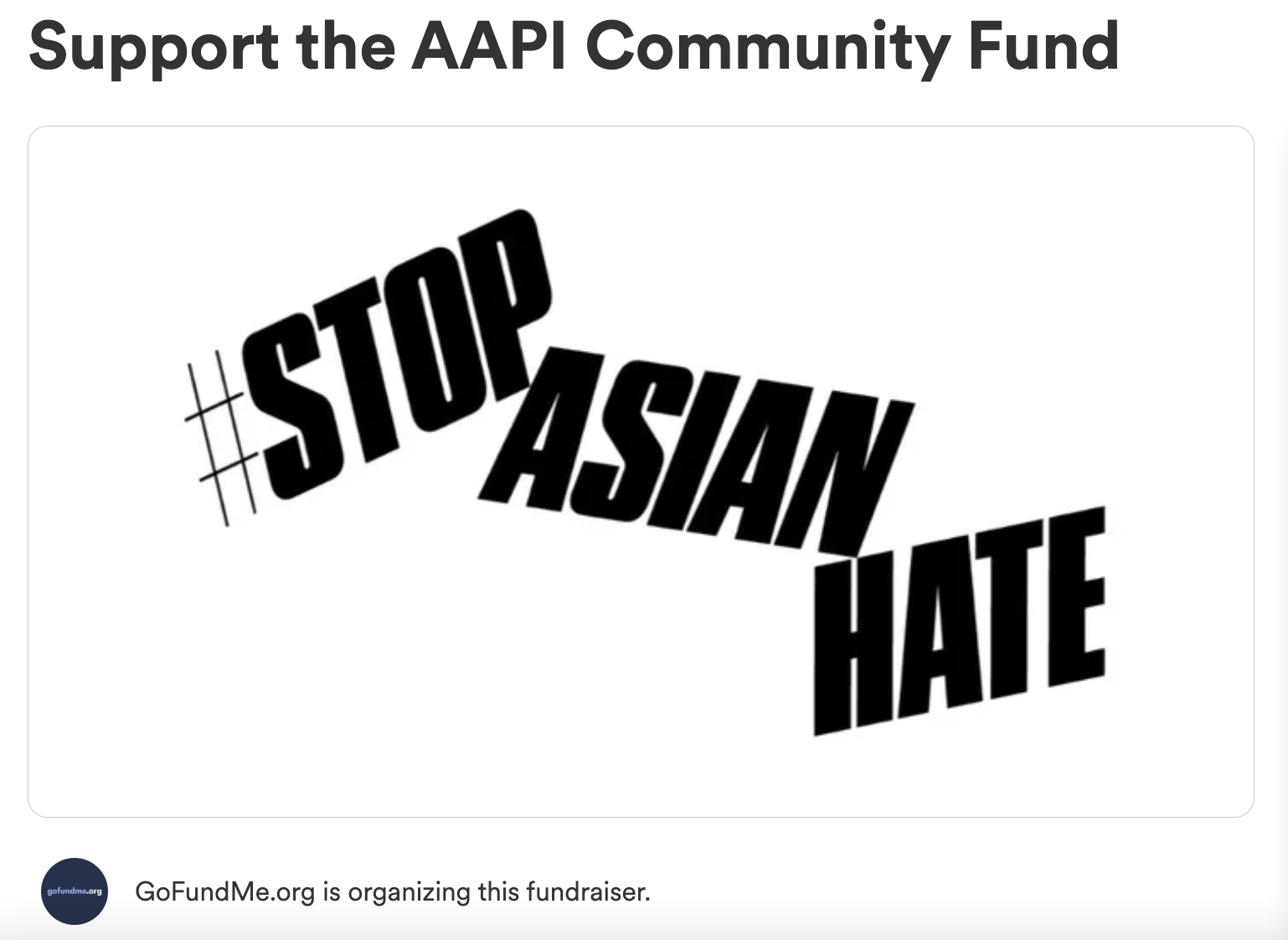
In the same way that increasing the diversity of a jungle enriches the soil, balances the world and drives evolution, so too does diversity in a creative process generate fresh ideas, ground the work in truth, and foster innovation and creativity. When work like that is presented to a vast audience, society at large can benefit from the abundance of a community steeped in diverse connections and conversations.
We were recently honored with a grant that supports organizations that are doing work to Stop Asian Hate. That resonated so deeply with us, and it was very affirming to know that people understand the importance of the work we do in protecting communities – including the AAPI community in the Bay Area.
We will never stop keeping EDIA work in every step of our process, because the end results are by definition a product of that and echo those same values. Our job is to stay honest, energized and open – constantly doing the learning first so that we can show and not tell to our audiences through productions that inspire change, palpable or not.
The act of generating empathy is work in preventing hate. The act of representation dismantles hate. The act of championing underrepresented voices pokes holes in racist ideas of a monolithic race and cultural generalizations. The act of giving space, attention and resources to a large diversity of people can transform hate into questions and learning. Our revolution is speaking our truths and beliefs loud and serving them on a conversation-inducing, visually stimulating, empathy-generating platter.
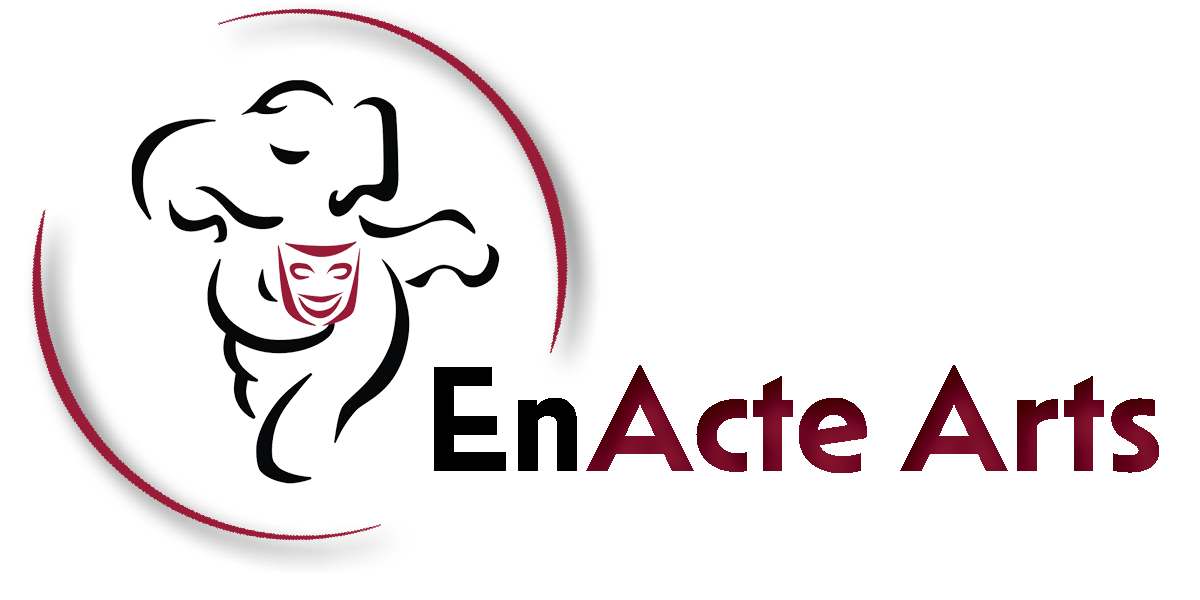
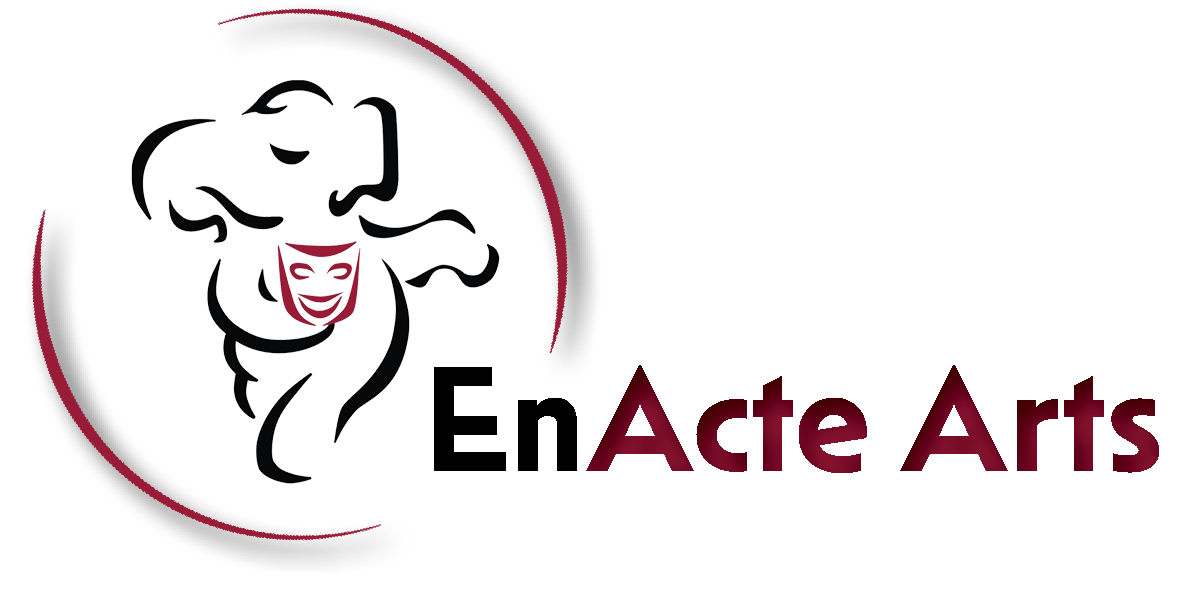
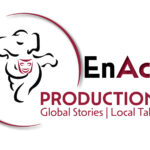
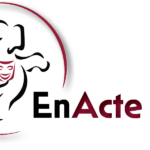
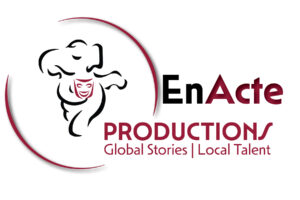
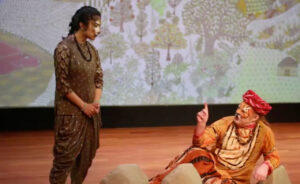
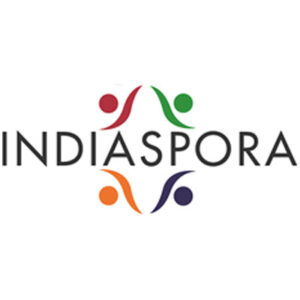
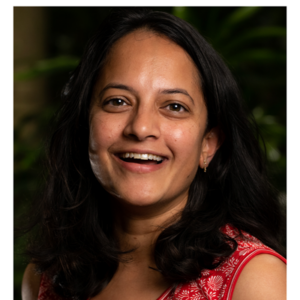
No comment yet, add your voice below!